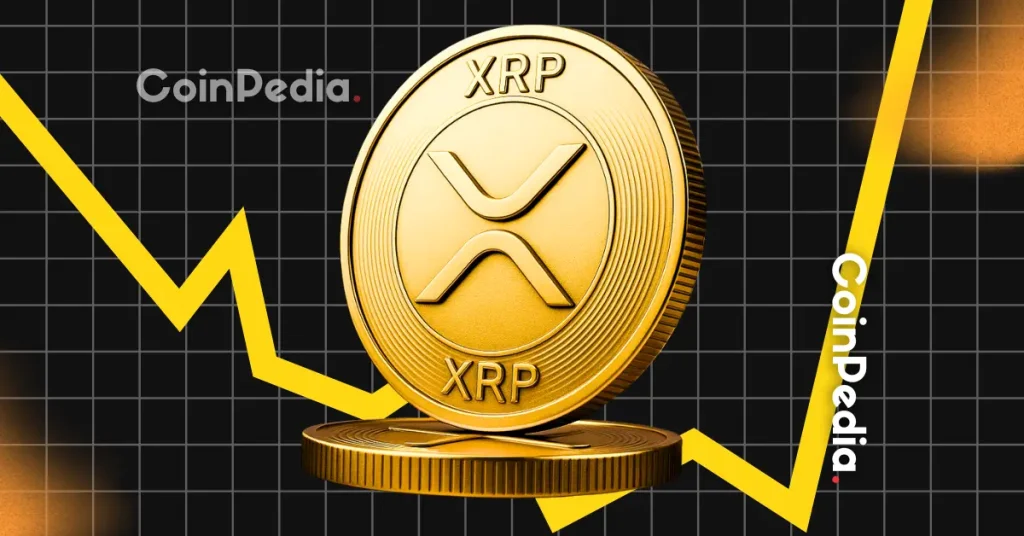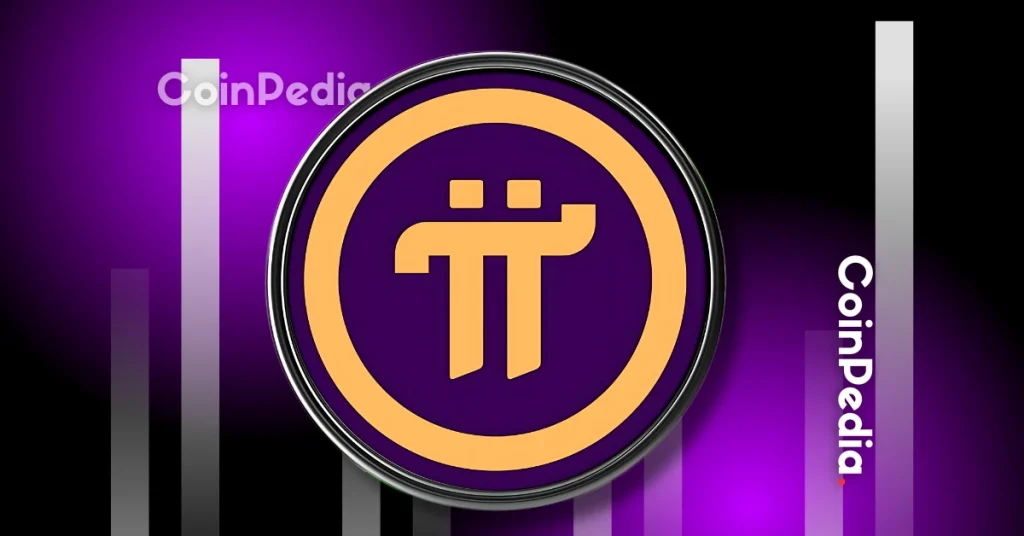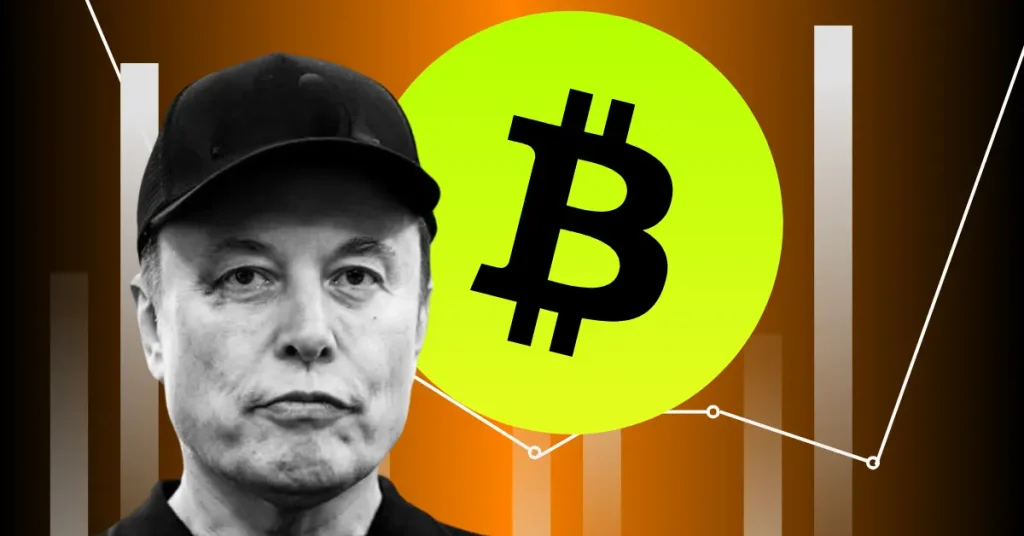
Hayden Adams, CEO of Uniswap Labs, launched Uniswap in 2018 when the idea of the Ethereum blockchain and blockchain-based computer programs called “smart contracts” was beginning to take hold. launched.
Uniswap has quickly become a financial giant, pushing automated market makers (AMMs), which allow the exchange of crypto assets without the use of intermediaries, into the mainstream. As more and more competitors emerge, Uniswap, still the largest decentralized exchange (DEX), processes more than $1 trillion worth of transactions across various blockchains.
In an interview with CoinDesk, Adams said Uniswap v4 — the upgraded version unveiled for public review by Uniswap Labs in June — makes the platform more decentralized and powerful than ever before. He also touched on concerns about the decentralization of power in Uniswap’s governance system, as well as increased crackdowns by US regulators.
Uniswap v4 makes a difference
──What is the plan, vision, and difference from v3 and other versions of Uniswap v4?
Historically, new versions of protocols have been mostly products in that they’re basically almost finished before they’re announced. And I think it made sense at the time. However, given the current state of Uniswap, it is really important to develop it openly and invite the community to develop with us and contribute to this decentralized protocol.
Uniswap v3 was a really powerful protocol when it first launched. And v3 has finally proven itself and now boasts around 90% market share in on-chain trading and AMM on Ethereum.
However, one of the most valid criticisms the protocol has received is, “I’m a little surprised by the announcement. I didn’t have time to integrate it, so it was developed after launch.” rice field.
Now with v4, it will be much closer to the Ethereum model. In Ethereum, everyone knows months or even half a year before a hard fork happens. All of the diverse projects being developed on Ethereum can take months of preparation and development, as well as provide feedback on the upgrade itself. There is an open process on how to give feedback on the Ethereum roadmap. In the same way, you will be able to provide feedback and contribute code to the next version of Uniswap.
──I think the biggest feature of Uniswap v4 is what is called a “hook” that expands the function pool. Please explain the idea of hooks and what they enable for users.
The process of developing something like Uniswap involves making many tradeoffs. Hooks are basically a way to customize and change how the liquidity pool works within Uniswap. Although it is done by the person who creates the pool, anyone can choose how to create and customize their pool. What we wanted to achieve with hooks is to allow people to make these trade-offs themselves and choose how their pool works.
Hooks point to offer much more flexibility and customizability. That’s one aspect, and I think the other aspect of Hook is to make Uniswap a bit more expressive platform.
Approach to decentralization
Can you explain a bit more about Uniswap’s approach to decentralization, both in terms of how the platform was developed and how it operates as a permissionless platform where anyone can create a pool?What makes it different from other decentralized platform approaches?mosquito?
Decentralization has been and still is part of our philosophy from the beginning. At its core, Uniswap v4, like all previous versions, is a smart contract running on Ethereum. This is an immutable smart contract. Unupgradable, open permissionless. carry out what has been decided. That’s the core part.
I think what Uniswap v4 could take to the next level is that it gives people a lot of choice and flexibility, while allowing for a very strong developer ecosystem. v3 already did this in some ways, but now with hooks, not only do we not control the system, we even dictate how the pool should work. do not have.
──If there is an organization like a16z (crypto-friendly VC Andreessen Horowitz) that holds a large amount of tokens, wouldn’t the whole decentralized governance crumble a bit? Are you concerned about VCs or other large organizations controlling the initial token allocation or buying up tokens over the long term?
I think decentralization can take many forms. But first, I believe the most important aspect of decentralization in Uniswap is that no one controls the protocol. For example, a governance vote cannot withdraw money from the liquidity pool. There are different types of decentralization, with varying degrees of decentralization. It would be argued that the best form of decentralization is one that does not require governance. True automation. The purest form of decentralization is automating what can be automated and immutable what can be immutable.
The second form of decentralization is economic. The question is whether something will work naturally by creating economic incentives. Imagine liquidity providers and swappers participating in a two-way marketplace and not having to manage what is going on. It’s not a matter of governance. There is a natural economic incentive to participate in the system. Anyone can participate, realizing an open marketplace.
Crackdowns and America’s Delays
──SEC (US Securities and Exchange Commission) sued Coinbase and Binance. What do you think the SEC’s targeting of centralized platforms means for decentralized platforms like Uniswap?
I don’t know much about these lawsuits. I think DeFi and decentralized platforms in general are quite different from centralized ones. I don’t have much to say since they have different characteristics.
Personally, I always hope that as time goes on, there will be more decentralized platforms than centralized ones. There are fundamental benefits such as self-custody, transparency and demonstrable solvency.
──How does regulation affect the day-to-day decision-making at Uniswap Labs?
Of course we have lawyers and we make sure everything we do is legal. Generally speaking, what I think about the industry is that DeFi is a new industry. I work in this industry because I believe that DeFi has fundamentally positive outcomes for users.
I think of DeFi as the early internet. There are many things that have to be answered. In order to regulate the Internet, many rules had to be created. Should e-commerce be legal? Isn’t it scary to buy things on the Internet? Is something like YouTube legal? How to Deal with Trademark Infringement? The DMCA (Digital Millennium Copyright Act) was born.
Overall, I think the industry will continue to take root. And this technology will take root. America is probably behind. Compared to other countries, we are almost certainly behind. In Europe, for example in the UK and France, people are starting to engage more directly with DeFi, and I see them thinking very thoughtfully about how to make the rules for it. The United States, as far as I know, seems far behind in that respect.
Another thing I would like to point out is that while the crypto world sometimes tends to focus on what’s happening in the US, more than 70% of Uniswap users are from countries other than the US. .
At this point, my hope is that other countries make more progress and that America learns from it, rather than America leading the way.
measure of progress
──Crypto assets are in a slump. Trading volumes on decentralized platforms are down compared to a year or two ago.Worried about the future of decentralized finance?.Or do you see it as part of the general cycle of a bear market and another bull market to come?
My measure of progress is never price. My measure of progress has always been progress, and progress for me is the state of the industry and how people use it. For me, progress is the fundamental value that is created and the technological innovation that is created. If you ask me, that metric continues to improve over time.
The industry can be noisy at times, full of hype and distractions. There was a very large fraud last year. But I’ve been saying that a lot of what’s broken is like it was broken in the first place. They were very centralized and heavily marketed.
In my opinion, true DeFi weathered the storm quite well. Protocols such as MakerDAO, Compound and Uniswap have all handled this market cycle very well in the sense that they have continued to operate without incident.
This strongly suggests that what was broken was the closest thing we were trying to replace. Highly centralized projects and off-chain hedge fund types of loans that were not secured with on-chain collateral have collapsed. Not uniswap.
Personally, in a way, I can say that I enjoy it more at times like this. It allows them to focus on development and progress rather than the hype and marketing that dominates the bull market.
|Translation and editing: Akiko Yamaguchi, Takayuki Masuda
| Image: Uniswap Labs CEO Hayden Adams (CoinDesk)
| Original: Uniswap’s Hayden Adams: Q&A on Weathering the Regulatory Storm, What’s Next for DeFi
The post Uniswap CEO talks about the future and regulations of DeFi[Interview]| CoinDesk JAPAN | Coin Desk Japan appeared first on Our Bitcoin News.

 2 years ago
133
2 years ago
133














 English (US) ·
English (US) ·